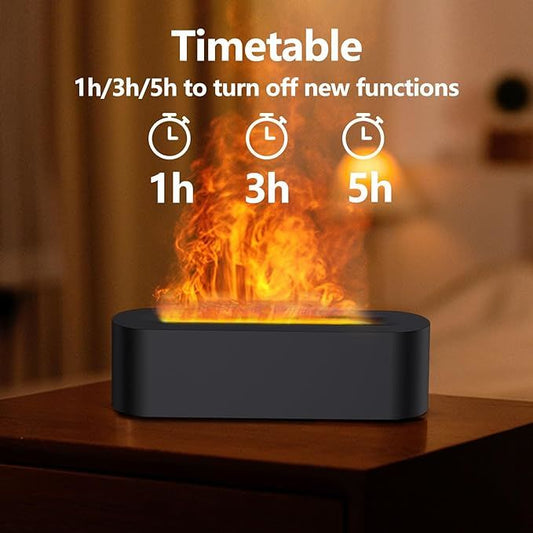In the intricate dance of life, our bodies are guided by an internal timekeeper known as the circadian rhythm. This biological orchestra conducts a symphony of physiological processes, orchestrating the ebb and flow of our wakefulness and sleepiness over the course of a 24-hour day. Understanding the profound role of circadian rhythms is essential in comprehending why our mobile phones are disruptors of this delicate balance.
The term "circadian" is derived from the Latin words "circa" (meaning 'around') and "diem" (meaning 'day'). It reflects the rhythmic cycle that repeats approximately every 24 hours. At the core of this intricate system is the suprachiasmatic nucleus (SCN) in the hypothalamus, often referred to as the body's master clock. The SCN is exquisitely sensitive to environmental cues, primarily light and darkness, and uses this information to synchronize bodily functions with the natural day-night cycle.
During the day, exposure to natural light suppresses the production of melatonin, the hormone responsible for inducing sleep. This suppression keeps us alert and active, aligning our physiology with the demands of the waking world. As night falls and darkness ensues, the SCN signals the pineal gland to release melatonin, preparing the body for the onset of sleep.
The role of circadian rhythms extends far beyond regulating sleep. They influence a myriad of physiological functions, including body temperature, hormone secretion, and metabolism. Disruptions to this rhythmic ballet can have profound consequences on health and well-being.
Enter the disruptor: our beloved mobile phones. The artificial light emitted by smartphone screens, particularly the blue light spectrum, tricks the SCN into believing that it is still daytime. This deception suppresses melatonin production, delaying the onset of sleep and throwing the circadian rhythm into disarray. The consequences of this disruption extend beyond a single night of restless sleep, impacting our overall health.
Studies have illuminated the far-reaching effects of circadian misalignment. Shift workers, who often experience disruptions to their natural sleep-wake cycles, exhibit a higher prevalence of health issues such as cardiovascular disease, metabolic disorders, and even certain cancers. The connection between circadian disruption and these health outcomes underscores the critical role that our internal clocks play in maintaining optimal physiological functioning.
Furthermore, the circadian rhythm has a direct influence on cognitive performance and alertness. When the body's internal clock is in sync with the external environment, cognitive functions are optimized, and alertness is at its peak. Disruptions caused by irregular sleep patterns, often induced by late-night mobile phone usage, can lead to impaired cognitive performance, memory deficits, and difficulties in concentration.
Understanding the role of circadian rhythms unveils the intricate dance between our bodies and the external world. As our lives become increasingly entangled with technology, particularly the omnipresent smartphone, recognizing the impact of digital disruptors on our internal timekeeping systems is imperative. Preserving the delicate balance orchestrated by circadian rhythms is not merely a quest for a good night's sleep; it is a journey towards safeguarding our holistic health and well-being in the face of a digital era that constantly tests the boundaries of our natural rhythms.




